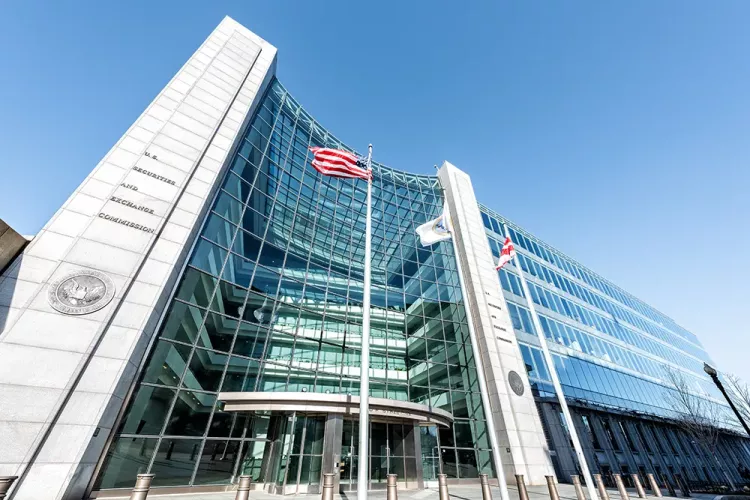
When stock market regulators release more information, everybody wins: UBC study

A new UBC Sauder School of Business study shows that when the U.S. Securities Exchange Commission began sharing comment letters, it helped shareholders hold companies accountable.
When it comes to enforcing securities laws, public bodies like the United States’ Securities Exchange Commission (SEC) face significant challenges: they have limited budgets, which can lead to gaps and long delays, and they risk being swayed by special interests.
Meanwhile private enforcers such as shareholders, who might sue a company for wrongdoing, have limited legal options and their access to information is restricted.
But what happens when public regulators are more transparent, and release information that can be useful to private enforcers? According to a new study from UBC Sauder, it significantly boosts both private and public enforcement.
For the study, titled Regulatory transparency and the alignment of private and public enforcement: Evidence from the public disclosure of SEC comment letters, the researchers examined enforcement-related data from the years immediately before and after August 1, 2004 — the date the SEC began publicly disclosing its comment letters and the corporate filers’ responses.
Comment letters are sent to publicly traded firms by the SEC, and can cover a range of topics, from how a company accounts for its inventory to environmental disclosures to CEO compensation plans.
By releasing the letters, the SEC made them easy for anyone to access, which increased the flow of information and made companies’ actions more visible to the public. (Prior to the change, comment letters were only available through Freedom of Information Act requests). But it turns out that move didn’t only benefit the public: the researchers found it also benefited private enforcers.
“We compared the actions and behaviour of the shareholders' lawsuits, and we found that after 2004, firms that received comment letters were more likely to be sued,” says study co-author and UBC Sauder Assistant Professor Dr. Xin Zheng, who explains that lawsuits can stem from the manipulation of accounts and earnings, insider trading, bribery, and other illegal activity. “So, the results show that public and private enforcers are more likely to target a similar set of firms that committed crimes.”
Dr. Zheng says the boost in the number of private lawsuits likely stems from the fact that, as the sole federal regulatory body overseeing capital markets in America, the SEC has a deep understanding of the law, including accounting, disclosure and reporting requirements. As a result, they are more able to detect fraud and unearth evidence. What’s more, they have the authority to contact companies and ask questions — and when they publicly disseminate that evidence it can benefit private stakeholders.
“When the SEC shares the information through comment letters, it’s also a way for it to share its expertise with the general public,” says Dr. Zheng. “And then private litigants have a set of information that wasn’t previously accessible and observable to them. So after 2004, the private litigants and common shareholders could piggyback on the work of the SEC.”
The findings run counter to the belief that public enforcers piggyback on the work of private entities, and that the regulatory agencies are incapable or lazy.
“In general, people believe that private lawsuits happen first, and then the SEC says, ‘Oh, because this happened, we are also going after the same company,’” explains Dr. Zheng. However the study, which was published in the Journal of Financial Economics, turns that idea on its head. “We flip the story in the sense that public enforcers have their own expertise, and their own set of information, which can also help private lawsuits.”
The comment letters can also save public litigants money, because they don’t need to go through the same extensive discovery process — which can be lengthy and pricey — to access key information.
“There’s a debate about whether we need both private and public enforcement, and whether the way they interact with each other is an efficient process. But our study shows that we need both, and that they’re targeting wrongdoing with different speeds, objectives and approaches,” says Dr. Zheng, who co-authored the study with Amy Hutton and Susan Shu of the Carroll School of Management at Boston College.
“Regulatory bodies have been critiqued for slacking, but this research shows they provide valuable information,” he adds, “and that clearly more information and transparency are good things.”